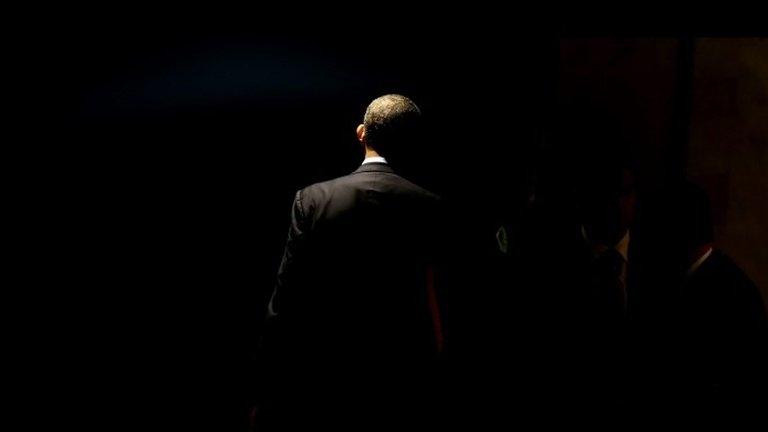Islamic State strikes: UK expects 'long game' in Iraq attacks
- Published
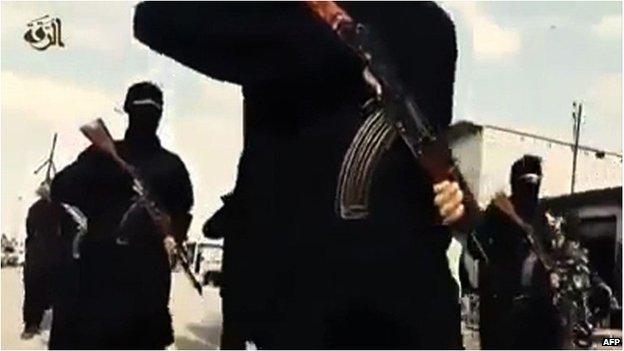
MPs are expected to give their backing to air strikes against Islamic State
"Don't expect fireworks." That was the view of one government source describing the imminent military action by RAF warplanes against Islamic State (IS) targets in Iraq.
Instead of one or two symbolic attacks, the source said there would be a steady stream of air strikes as and when IS targets presented themselves.
And that could be, I am told, "over a period of many months".
In other words, we should be ready for the long game.
As for when it might begin, I am told by other sources there could be action as early as this weekend but as ever that depends on military factors outside the realm of politics.
But we are not quite there yet.
Although the government is confident of winning Friday's vote in the House of Commons, many MPs I have spoken to tell me that while they support military action, they still want answers to some pretty fundamental questions.
What is the broader strategy? How long will air strikes be needed? Whose combat boots will ultimately be on the ground? Does it make military sense not to strike targets in Syria?
And, crucially, what is the end game?
These are all questions the cabinet will grapple with when it meets on Thursday and the prime minister will have to have answers to when he opens what will be a seven-hour debate on Friday.
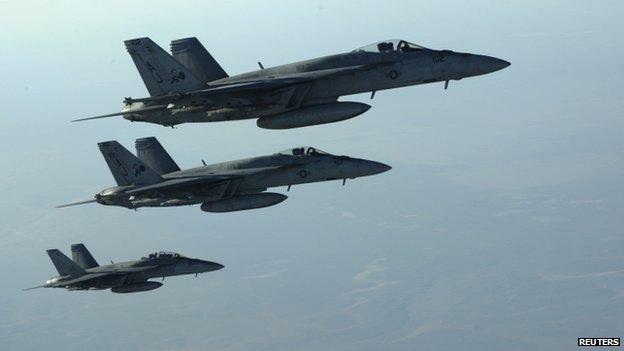
The US has already carried out air strikes against IS in Iraq and Syria
As for Labour, I am told that their support is unqualified for action in Iraq.
There will be no surprise amendments applying timetables to action or any other such legislative tweaks.
They have already achieved what they wanted, which was ensuring there is no action in Syria - something the government had already decided because of the legal impediments of acting there without the support of the Assad regime in Damascus.
So, Britain is finally joining the military alliance against IS, a little later than some allies had expected, and it is limiting its strikes to Iraq just as the alliance has begun spreading the attack to Syria.
If nothing else, this illustrates that the UK's participation is as much political and diplomatic as it is military.
As one MP said to me: "The Americans have lots of bombs. They don't really need ours. But they do like us to be on the team. And we are finally turning up on the pitch."
- Published25 September 2014
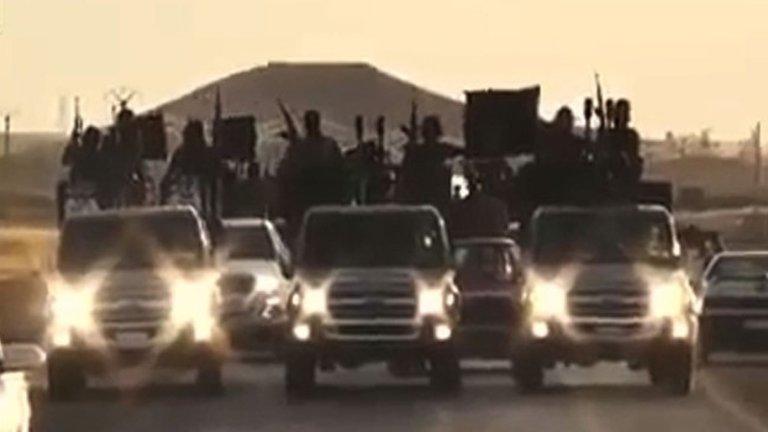
- Published24 September 2014
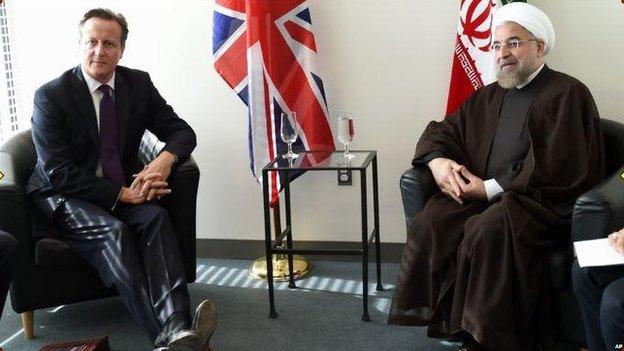
- Published24 September 2014
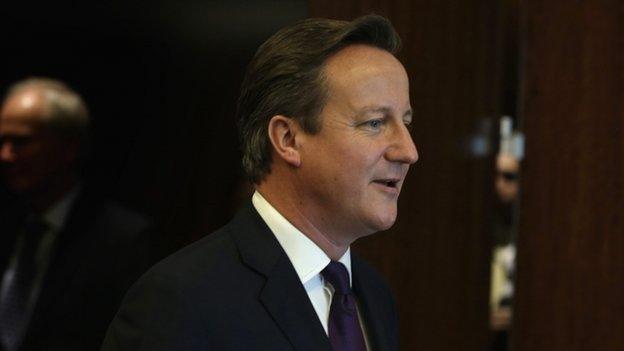
- Published23 September 2014
